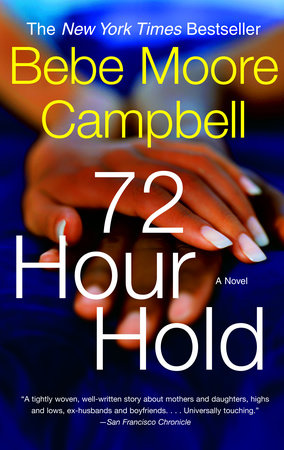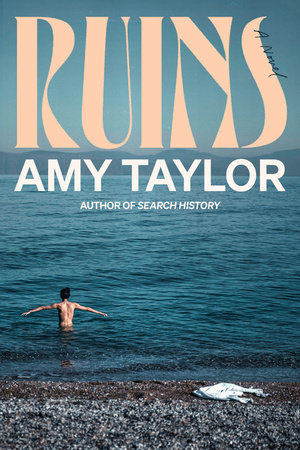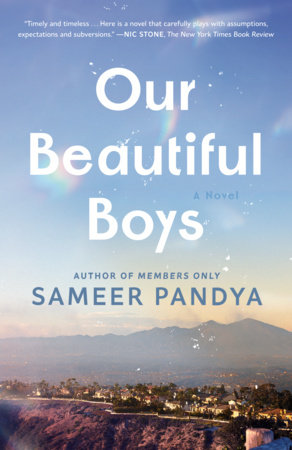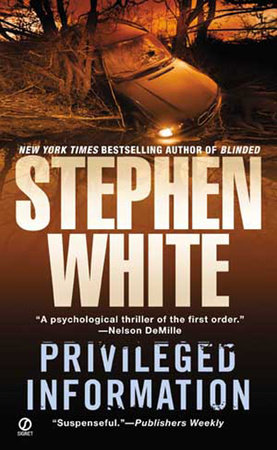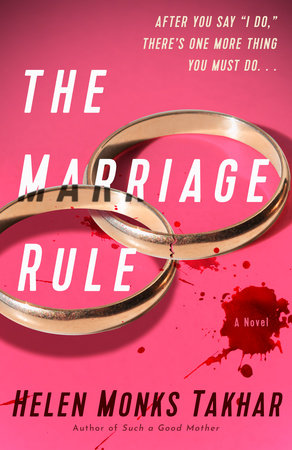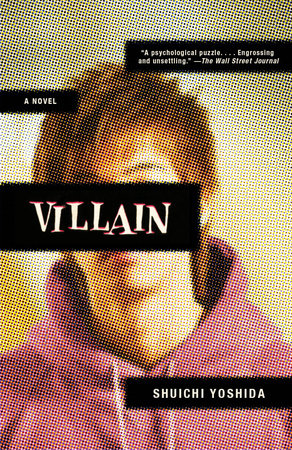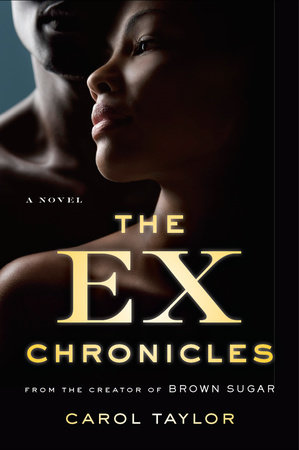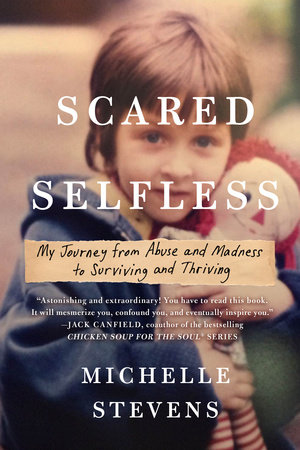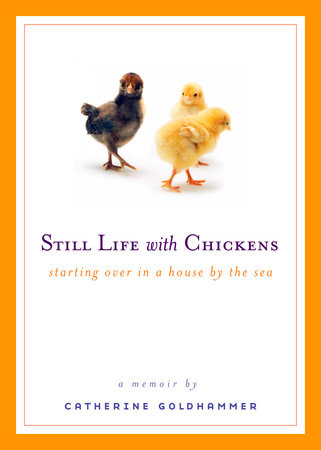Q: 72 Hour Hold takes on some taboo subjects in the African American community, among them mental illness and homosexuality. What made you want to explore this terrain?A: I have both gay and mentally ill loved ones. I don’t think either group deserves to live marginal lives. Both groups are greatly stigmatized, particularly black people with mental illnesses. I feel that it’s my job as a writer to create a community dialogue when silence is killing us. And in the black community, silence about homosexuality and mental illness are resulting in death. The HIV rates in our community are astronomical, as are incarceration rates for black males. So often, mentally ill black men wind up in prison. In fact, the prisons are the largest mental health facilities in the nation. I’m hoping that my book will give all people permission to bring homosexuality and mental illness out of the closet and to become activist “stigma busters.”Q: Why do you think the African American community has difficulty talking about these issues?A: Many black people feel the historical stigma of race as a burden they still carry. To add something else to that weight, be it homosexuality or mental illness, can feel unbearable. In addition, the black community tends to be religiously fundamentalist. Often the church encourages taboos regarding homosexuality. Some churches may preach that prayer, as opposed to medication, will control mental illnesses. Often people are made to feel personal failure when they don’t get better.Q: Do you hope that your novel will make it easier for people to speak more freely about their own experience? A: I’ve written a work of fiction. I believe that the courage of real people telling their stories will spur others to share their own. I was really happy to learn about Jane Pauley going public about having bi-polar disorder. If my novel helps to create the atmosphere for more truth telling, that makes me proud.Q: Where does the title 72 Hour Hold come from?A: It refers to the three-day period when a hospital can hold a mentally ill person against his will, if he meets certain criteria: 1. The person is a danger to self; 2. The person is a danger to others; 3. The person is gravely disabled. During that time the person can be evaluated and medicated.Q: This book is very much about relationships and families and the things that test those bonds. Do you think that the things that test families are also the things that bring out their greatest strengths?A: I’ve come to believe that adversity is the only thing that can make a person strong if that person wants to be strong. Adversity can also mow down a person or a family. The person who gets destroyed is the one who tries to resist what’s happening. The person who bends, who takes the journey with an open heart and mind will ultimately wind up where he is supposed to be.Q: At the center of the novel is a mother/daughter relationship. What is it about mothers and daughters that make that relationship such rich territory for a novelist?A: The crux of the relationship, in all its myriad variations, is ultimately about acceptance, giving it, getting it, withholding it. After puberty, daughters have a really difficult time accepting mothers. Their rejection is always cruel, far worse than anything a lover or even a husband could mete out. The cruelty is interesting, the various ways it plays out. And the forgiveness is even more so. This mother/daughter stuff is like a gold mine for a writer. Q: In an effort to help Trina, Keri endures incredible abuse–both physical and verbal–at the hands of her daughter. Would Keri have been wrong in deciding to turn her back on Trina? Are there any unforgivable acts between a mother and daughter?A: I think any mother would have been justified in walking away from an abusive daughter. I’ve known women who have. But when a mother walks away, it’s never a permanent separation. Mothers don’t divorce their children. A mother’s leaving the volatility of dealing with a mentally ill child is the last resort, a way of enforcing boundaries. Her deepest desire is always to re-establish the relationship once the child begins to heal.Q: In the novel, the son of Keri’s boyfriend reveals that he is homosexual, a fact which is accepted by everyone in his immediate family. This is not always the case. What does their reaction say about acceptance?A: The universality of the acceptance says that Americans have come a long way. In spite of hate crimes, we are definitely a more open and tolerant society. My characters reflect the fact that in this society, we are beginning to accept the role that biology plays in sexuality.Q: Mental illness, specifically bi-polar disorder, is something you’ve had to confront in your family. Is it difficult to write a work of fiction about this topic?A: Writing a novel is a difficult job, regardless of the subject. Because I know about mental illness firsthand, I didn’t have to do as much research. I must say, I had a great deal of passion for what I was writing about. I cared a great deal about my characters and was tremendously invested in telling this story well. I was very conscious of not melding fiction and nonfiction. I didn’t live this story.Q: What are the options for those suffering from mental illness? A: The good news about mental illness is that recovery is possible. Brain diseases can’t be cured but lots of people suffering from depression, bi-polar disorder and schizophrenia can control their illnesses with medication and psychotherapy. The mental health system is still quite cumbersome and often unresponsive to the needs of the mentally ill. At times the system works against recovery. For example, the criteria for the 72-hour hold precludes bringing someone who may be acting in a very bizarre manner but isn’t a danger to self or others at the time police arrive. And 72 hours isn’t nearly enough time to turn around anyone in the midst of a manic episode. It takes at least 6-8 weeks before psychotropic medication can get into a patient’s system. Meanwhile, the hospital releases many after only 3 days. As more and more advocacy groups, such as the National Alliance for the Mentally Ill (NAMI) get initiatives on the ballot, my hope is that treatment will become more preventative.Q: You are involved in speaking to groups about mental illness and the resources available to families struggling with the disease. How did you become involved in that outreach and how has that experience shaped your work?A: I learned about NAMI after my family member became ill. NAMI offered a free, comprehensive 12-week course on the diseases of the brain, as well as support groups for those with mental illnesses and a separate one for family members. Some friends and I had formed our own support group for relatives of the mentally ill. Later, we all took NAMI’s 12-week Family-to-Family course. We decided to open our own NAMI affiliate in the African American community. In publicizing our work, we began to host mental health seminars at black churches. I wrote a children’s book called Sometimes My Mommy Gets Angry, about a little girl being reared by a mother with untreated bi-polar disorder. I had begun to go to mental health conferences and schools even before the book came out. Afterwards, I did a lot more. Being a mental health activist means that I’m committed to helping people find recovery, whether that person is a family member or a person with a mental illness. I think that activism has infused my writing. I want my work to change lives.
